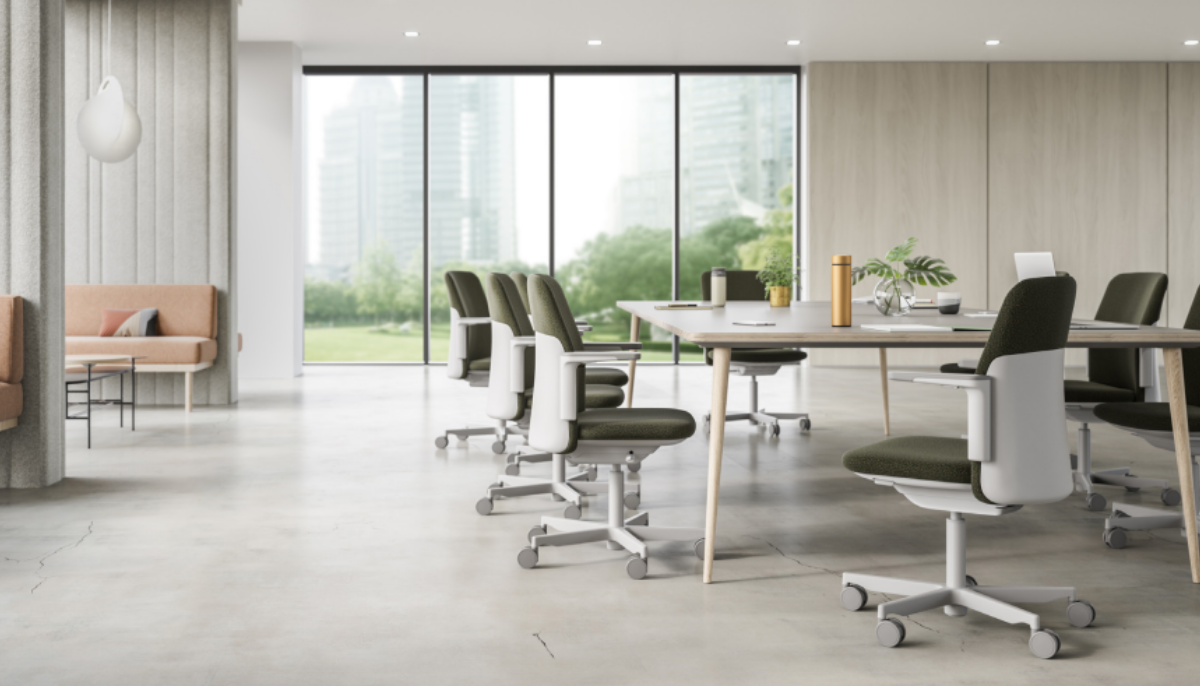View industry specific articles, tailored to your needs, to help you find a better way to buy.
Industry Insights
Featured Article

Featured Article
The Importance of Supplier Relationship Management (SRM)

4/24/2024
Hybrid Hurdles: The Complex Reality of Post-Pandemic Office Ergonomics

4/22/2024
Property Maintenance Series: Enhancing Amenities & Offices with Group Purchasing Power

4/16/2024
Digital Equity: 3 Considerations to Foster Inclusivity in the Workplace

4/15/2024
MSP- Versatile Solution for all Talent Needs

4/11/2024
Property Maintenance Series: Interior Maintenance & Unit Turns for Multifamily Housing

4/9/2024
Drive Efficient Student Housing Turns with Cooperative Purchasing

4/8/2024
The Importance of Activating Outdoor Spaces on College Campuses

4/8/2024
Unlock Cost Savings with Ramp

4/1/2024
Help Sustainability Bloom on Your Campus

4/1/2024
The Measurable Benefits of Employer-Sponsored Childcare

4/1/2024
Sustainable Design for Positive Climate Impact

3/26/2024
Understanding the Role of Esports in Promoting Student Growth

